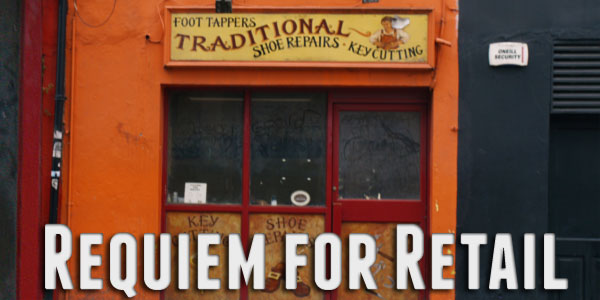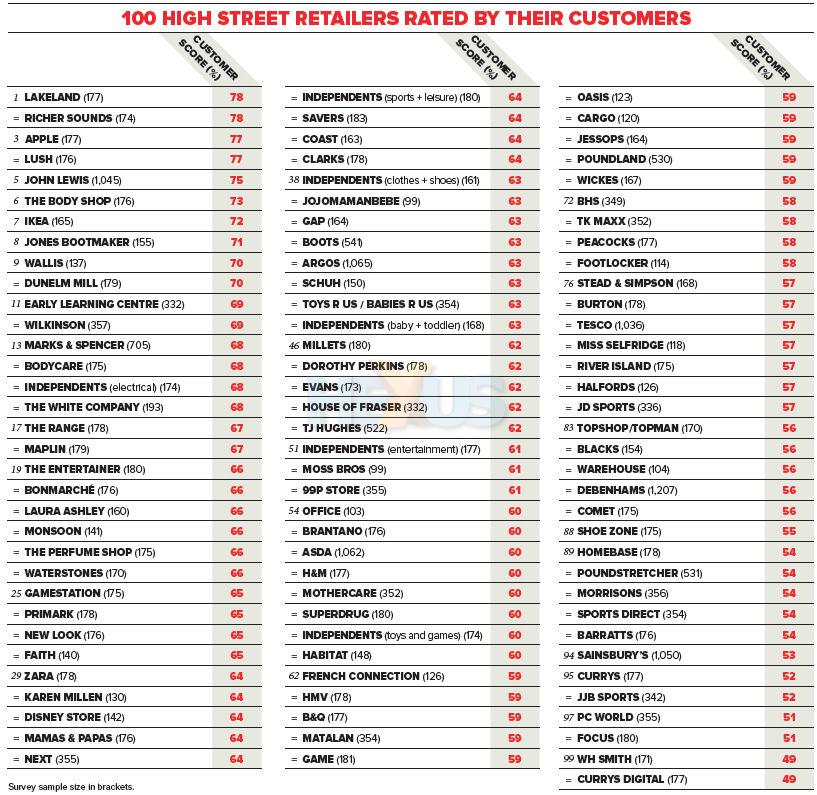
Banner image photo taken by Feenix
What’s the cost of value?
Few people under the age of fifty will be upset that HMV are to close sixty stores in the UK . While no-one wants to see anyone being made redundant (except politicians and investment bankers perhaps) I don’t remember ever enjoying a visit to the place. It’s a music shop that I would only enter with headphones on to escape the blaring pop drivel, making a swift exit due to the disorganisation, price gouging and general low quality of the goods on offer.
I can’t remember any time where I’ve been approached by a staff member in HMV to ask if I needed assistance with my purchases. In this sense, it’s just a barn that holds goods. You may as well have a robot on the tills, like Argos and Tesco have recently tried to introduce. HMV feels directionless when there are alternative retailers available online: what can HMV offer consumers that Amazon can’t, besides having the product immediately and the assurance that the items purchased aren’t counterfeit?
I was recently in the market for a home cinema system to go with my new television, so I went to the Sony Centre after seeing some enticing offers. Even for someone who considers themselves tech-savvy some things are just too damn obtuse to understand by browsing on Amazon, like how to hook up a 5.1 Dolby Digital sound system to a TV for maximum aural damage. So I spoke to the knowledgable staff and ordered the product I wanted, safe in the knowledge that it would do everything I want it to: and if it didn’t, I would know where to go and source an alternative. It doesn’t matter to me that it might have been cheaper online because at the end of the day, people have to earn a living and paying them money seems a good way to accomplish this. You’re paying for the right to look, touch and use the items before purchasing, and receiving good service from someone who isn’t a mindless automaton.
The internet has turned shopping into a minefield of guesswork. First, you have to navigate the inaccurate product names and avoid the product descriptions, which are usually copied and pasted from an out-of-date PR website. Second, you’re taking a risk with the reliability of other customers’ anecdotal reports. If the five users who reviewed something had a manufacturing fault, but the rest loved the item and were too busy enjoying it to leave a review, you’d have five bad reviews and an unrepresentative sample. There is still value in organisations like Which? that review products thoroughly and impartially, where sites like Amazon and Yelp fall hopelessly short. There’s little value from the uninformed opinions of internet cretins (and I recognise the irony in this statement, hence why I wrote ‘cretins’ and not ‘nobodies’): it’s like taking advice on what to watch on TV from comments on Youtube. Obviously, online shopping also carries the risk of damaged goods in transit- my brother’s new Samsung HDTV was an unfortunate victim of this- and rogue trading.
If you’ve ever gone into a shop for advice and received helpful information about a product, then subsequently bought it online to save a fiver, you’re contributing to the slow death of that shop. You’re part of the problem. When that store goes out of business, from where will you obtain expert knowledge? Perhaps you’re happy enough to have a home full of gadgets unfit for purpose, toasters with three slots, fridges that aren’t quite chilling enough and shoes that don’t fit, but I’d rather check out what I’m buying beforehand when there’s any doubt over what is required.
Of course we’ve all visited stores with nonchalant, misinformed or downright deceitful staff. These are places you should not visit. Stores like PC World, Comet, Homebase and all the major supermarkets don’t have expert staff: they are unit shifters who only care about what money they can make, despite their pally slogans about ‘helping’. If you work for one of these stores and are knowledgeable, I’m sorry to say that you’re in a minority and I think customer satisfaction surveys reflect this fact. I didn’t pick those retailers at random; you’ll find them at the bottom of the table below. As a customer, you shouldn’t patronise a store that offers rubbish service, but you should still try another outlet as eventually you’ll find a good one with the service you deserve.

Table from Which? reproduced by Hexus.
You can’t build a rapport with an online shop, or befriend their members of staff. As independent shops are smaller and know what you’ve purchased from them, they’ll also have a fair idea of what you might want or need. Their advice is the product of experience and face-to-face interaction, not a cynical algorithm designed to wring the most cash from your wallet. Specialist stores can only survive by providing superior customer service beyond that of big-box stores and online retailers: that’s why, for example, Apple Stores are shifting to put a greater emphasis on customer relations while not neglecting their sales.
Please don’t mistake this as a direct attack on online retail. I’ll continue to use Amazon for buying games, books, films and anything else that doesn’t require an explanation. Yet, it’s nice to know that shopping doesn’t have to be a gamble every time and you can still buy with confidence and security. Specialist and independent retailers in electronics, music, even shoes and food, provide a vital service that we should recognise and support before we lose it.
We value your comments! Anything potentially libellious will be deleted, so please use your common sense.





